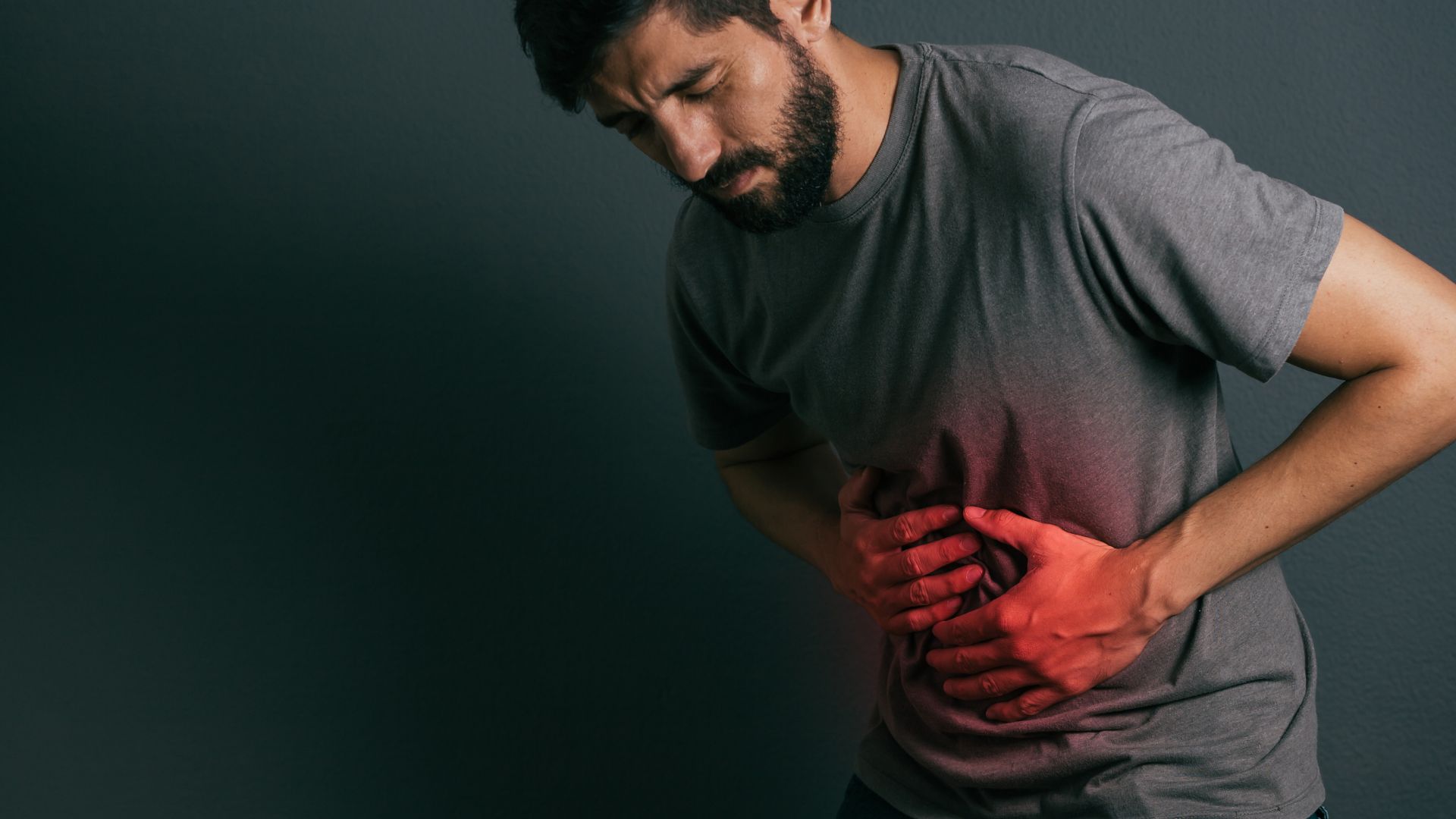Can Gabapentin Make You Constipated?
Gabapentin is often introduced during detox for reasons that go beyond pain alone. In many recovery settings, including Arizona-based programs, it’s used to calm the nervous system when withdrawal symptoms begin to stack up—poor sleep, nerve sensitivity, agitation, and restless legs that make rest almost impossible. While gabapentin is an anticonvulsant and not officially labeled as a controlled substance, it still carries real physiological effects that patients tend to notice quickly.
Digestive changes are one of the most common complaints. Some people feel backed up within days and ask, can gabapentin make you constipated? Others experience loose stools and wonder whether gabapentin causes diarrhea instead. These opposite reactions aren’t unusual, especially during detox when the body is already adjusting to chemical shifts, medication changes, and altered routines.
Understanding why gabapentin affects digestion requires looking at how it works in the nervous system, how dosing decisions are made, and how drug interaction risks increase when multiple prescription medications are used together during recovery.




